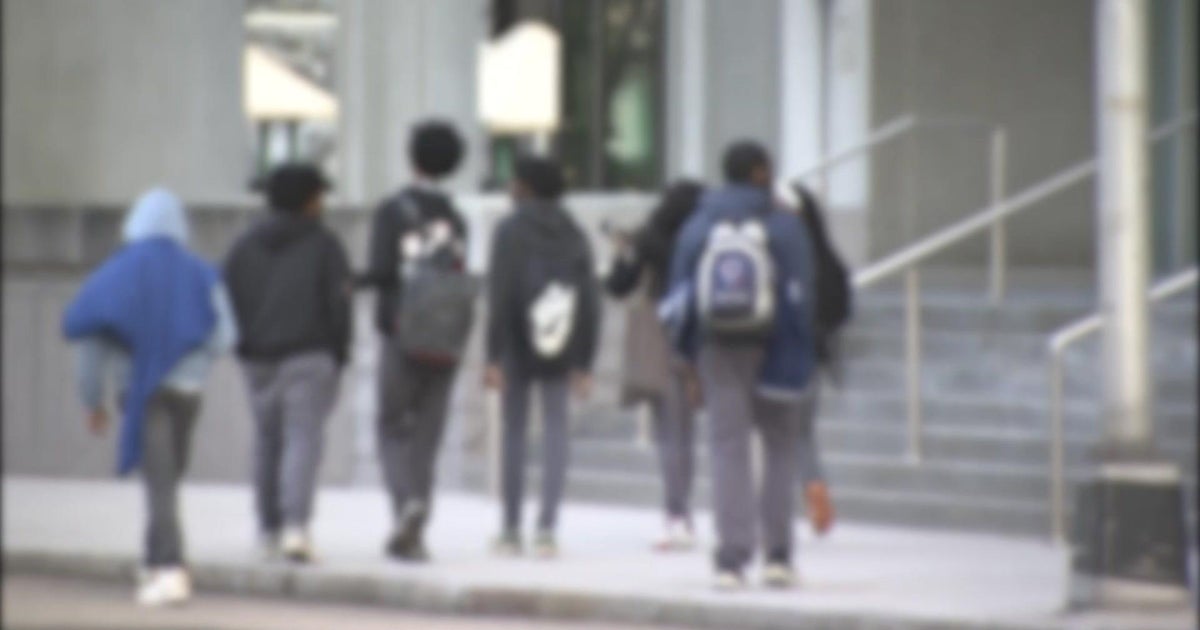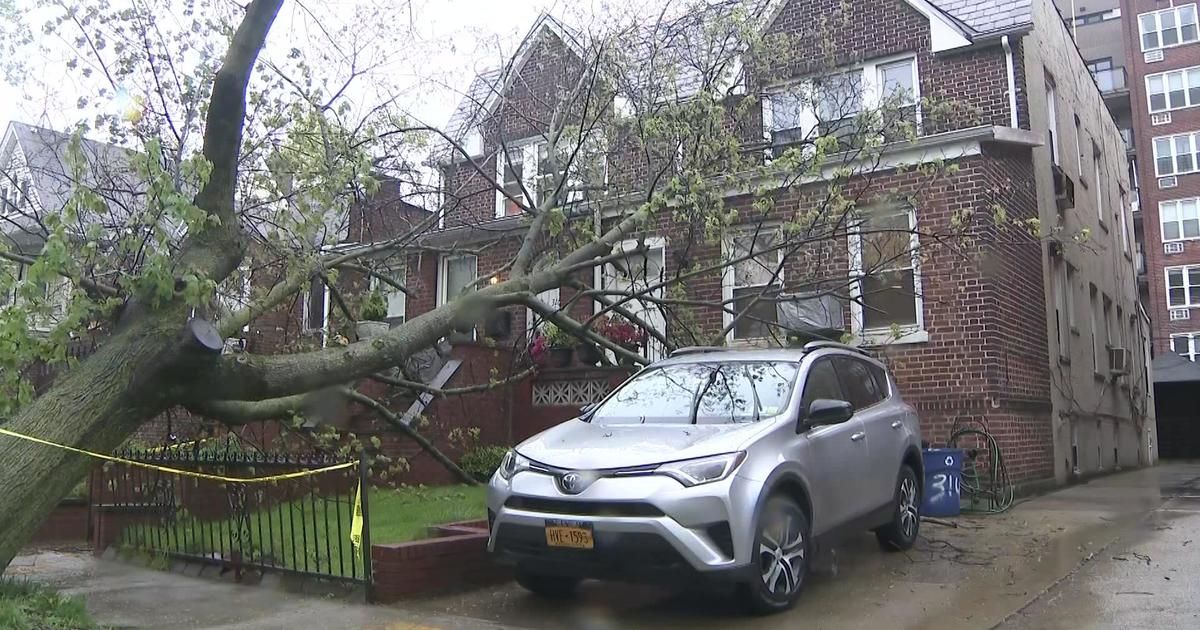Charlie Rose Takes Break From 'CBS This Morning' To Undergo Heart Surgery
NEW YORK (CBSNewYork/AP) -- CBS News morning host Charlie Rose says he's undergoing heart surgery to replace a heart valve that was installed in 2005.
The 75-year-old newsman's surgery is scheduled Thursday. He said Wednesday he plans to return to work in March. He's been a host of "CBS This Morning" since its start in 2012, and also has a long-running PBS interview show.
Rose said the surgery was his choice, unlike in 2005 when he had to undergo emergency surgery to replace the same valve while on an overseas reporting trip.
"Almost 15 years ago, skilled surgeons replaced my aorta with a new replacement valve. It has served me well, enabling me to live the vigorous, full, complete life you are all so familiar with," Rose wrote in a letter that aired on "CBS This Morning" Wednesday. "No one loves life more than I do."
"To continue to live this amazing life so full of challenges and friends, including so many of you in the audience, I have chosen to replace the valve with a new one," Rose continued. "The timing is my choice."
Rose said the surgery will keep him in the hospital for a few days, then he will rest for a couple of weeks.
"I look forward to seeing you in March," he wrote.
Gayle King and Norah O'Donnell are his co-hosts on "CBS This Morning," which can be viewed every weekday at 7 a.m. on CBS2.
CBS2's Dr. Max Gomez explained how the procedure works.
Frist, a quick refresher on heart anatomy; the human heart has four valves that control the direction of blood flow through the heart. In Charlie's cas, his replaced valves are the mitral and aortic valves.
Replacement valves can be artificial, mechanical ones or they can be biological -- usually made from pig valves.
Those tissue valves have a normal lifespan of 10 to 15 years, which is how long it's been sice Charlie had his aortic valve replaced.
While the exact details of the surgery are unknown, the fact that Charlie had his original valve surgery at New York Presbyterian Weill Cornell, and that he only plans to be in the hospital a few days suggests that he is likely having a minimally invasive procedure called TAVR.
CBS2's Dr. Gomez recently saw Dr. Matt Williams -- who is not Charlie's surgeon -- perform one of these procedures at NYU Langone.
It involves threading a long specially engineered catheter up from the groin and across the aortic valve on the left side of the heart. Inside is an expandable metal cage containing a new soft tissue valve.
Dr. Williams carefully positions the valve inside the old one. Unlike older systems, the valve can actually be re-positioned if it's not perfectly placed.
"So this basically gives us a mulligan, so if we don't like it we can just reposition is and that really allows us to optimize the outcomes with the patient,' Dr. Williams said.
The TAVR procedure is clearly much easier to recover from than the way valves previously had to be replaced -- cracking open the chest and stopping the heart to sew in a new valve.
(TM and © Copyright 2017 CBS Radio Inc. and its relevant subsidiaries. CBS RADIO and EYE Logo TM and Copyright 2017 CBS Broadcasting Inc. Used under license. All Rights Reserved. This material may not be published, broadcast, rewritten, or redistributed. The Associated Press contributed to this report.)



